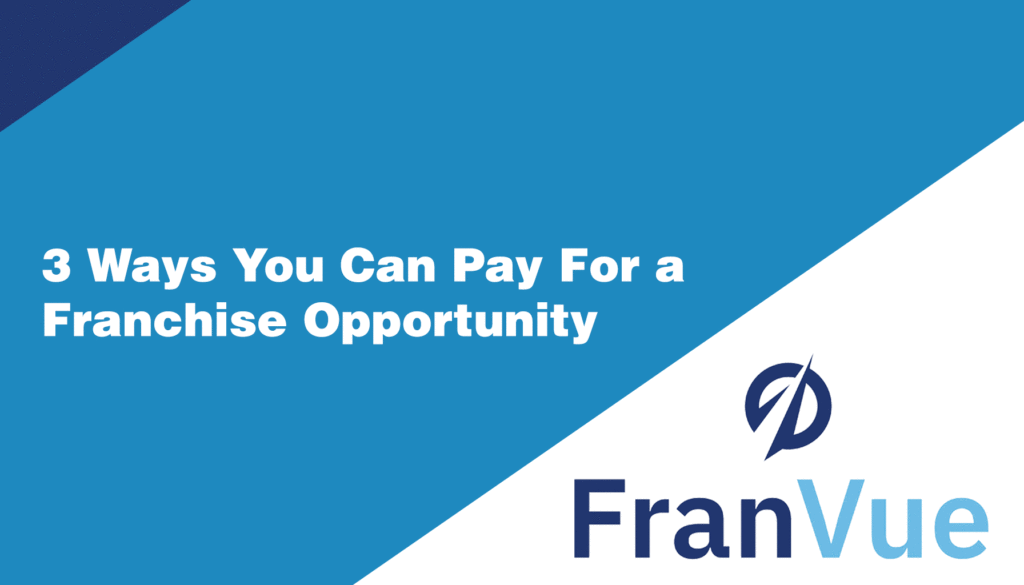Once you have chosen a particular franchise to buy, you will need to decide how you intend to pay for it. And nowadays, you have plenty of options.
In this article, we’ll look at the financing options available to prospective franchisees, so you can proceed on the journey of becoming your own boss.
1. Paying in Cash
If you are one of those people who are rich enough to be able to write a check for a franchise opportunity they are interested in, congratulations. But the question is, should you? Is it good to pay for a franchise business in full with your own money?.
There are many things you need to consider when thinking of paying cash for a franchise or any kind of business.
First of all, when you pay cash for a franchise, you are going to reach the break-even point quicker …which will take your business closer to becoming profitable. This is because if you decide to seek out a loan, you will have to make loan repayments- (with interest, of course) every month.
However, if you choose to pay cash for your franchise, you might not have enough money left for emergencies, business, or personal use. This is something you need to consider.
2. Getting Traditional Financing
Money lenders are careful about giving out loans to start-ups, so getting funding for a small business is not always easy.
But one common way American people get a loan for their franchise business is through the SBA (US Small Business Administration). Bear in mind that the SBA does not actually provide loans. They only guarantee to pay back a certain percent of the loan amount to lenders who partner with them if the borrower defaults on the loan payment.
If you are considering obtaining an SBA loan, visit this link to know what you need to gather and the forms you’ll need to complete. Surely, this list of requirements can seem daunting. So, if you require assistance filling out these forms or collecting information for an SBA loan, you may want to seek the help of a CPA that’s knowledgeable about small business loans or contact one of the franchise owners you spoke with during your franchise research
3. ROBS
ROBS is short for rollover as business start-up
In this case, you are going to pay for a franchise by taking money out of your retirement plan. According to Guidant Financial, this is what ROBS involves:
- A new business is founded as a C corporation
- That corporation sets up a new retirement plan that can be used to buy private stock, i.e., 401 (k)
- Money from the previous retirement account is transferred into the new retirement plan without causing a taxable distribution
- The new retirement plan is then used to buy stock in the C corporation
- The C corporation then uses those funds to buy or begin a business
A lot of franchisees have taken this route to pay for their franchise businesses. There’s nothing wrong with buying a franchise with your retirement funds, provided you are using just a small percentage of them.
However, it will be hard to see a CPA or financial expert that will support this idea of dipping into a retirement fund to purchase a franchise. Some of the reasons for this include:
- Inadequate knowledge about the product and how to use it to finance a business
- As for CPAs, they are usually against this idea of financing businesses with retirement funds due to their inherently conservative nature and their general belief that retirement funds should not be used for anything other than retirement.
That’s why it is important to consider both the advantages and disadvantages when making any big decision involving a large amount of money. Ultimately, it’s up to you to decide whether or not to tap into your retirement funds.
Now that you know the various ways to pay for a franchise business, you just have to figure out which of these options is best for you!


